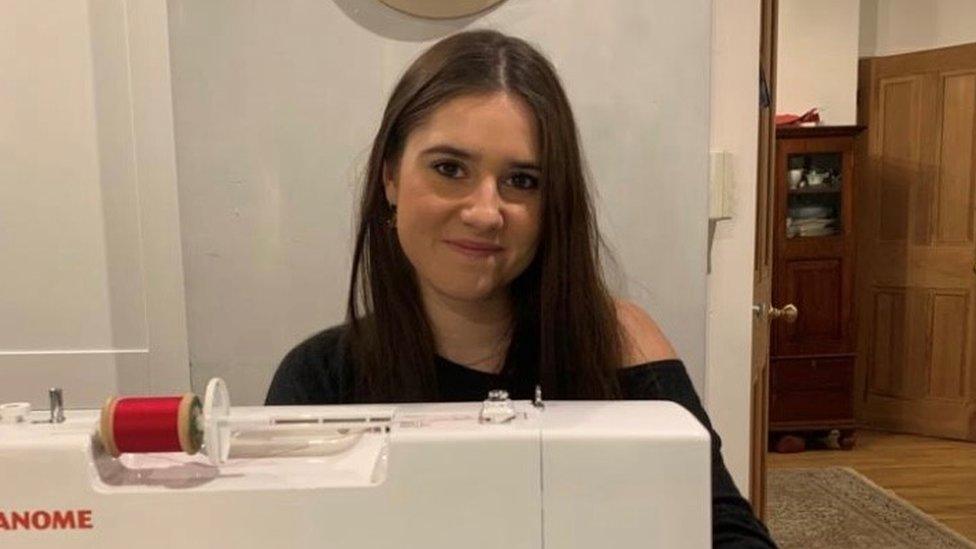Period Poverty conversation should include men, says charity founder
- Published
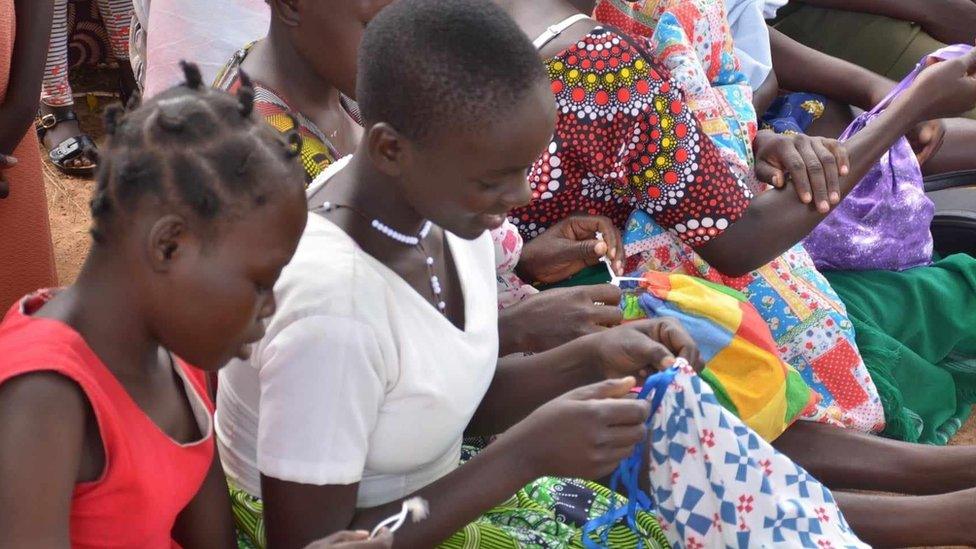
The Pachamama Project supplies sanitary pads for people in 10 different countries, including in Uganda
A woman who started a charity to supply reusable sanitary pads to refugees has said more men should be involved in the conversation to help reduce the stigma of period poverty.
Ella Lambert, 23, from Chelmsford in Essex, began the Pachamama Project in 2020.
The charity has more than 2,000 volunteers globally who sew the Pacha Pads.
She said men have never been given the opportunity to talk about periods.
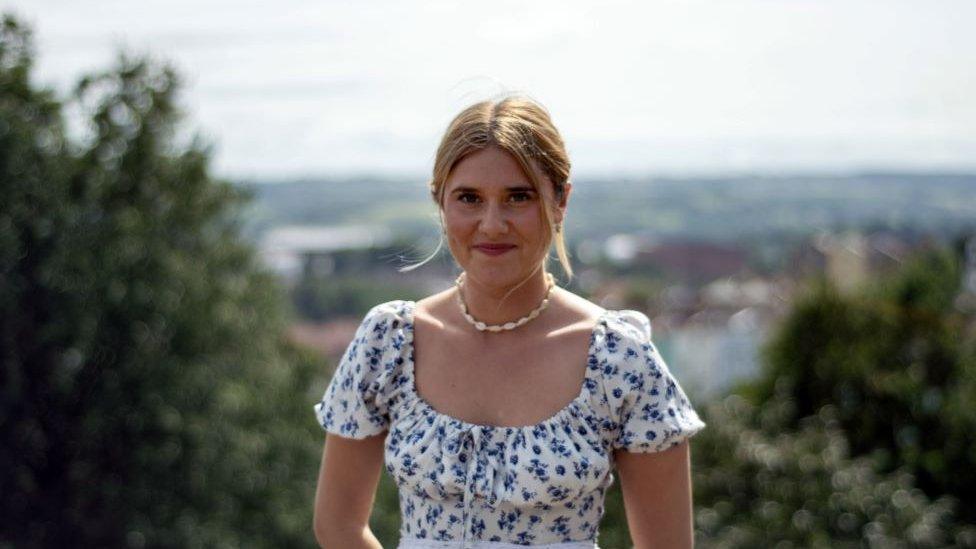
Ella Lambert says she hopes the project can help end period poverty and stigma
Ms Lambert said there should be "women only spaces" to talk about the issue but added: "When I've gone into school and done talks, the response I get from young boys is always incredible, they're always the ones with their hands up and asking really mature questions.
"They want to know this stuff because nobody has ever told them about it.
"So I think if you want to stop the teasing, then treat lads like adults and invite them into the conversation, even if it is in a separate space from the girls.
"But I think it makes a massive difference in my work in the past three years."
Ms Lambert started the charity while she was studying Russian and Spanish at the University of Bristol.
Volunteers make the Pacha Pads out of sustainable and recycled materials that people can use for up to five years. The charity supplies to 10 countries.
She said: "Every person who has received our pads has a story of having to prioritise buying bread over buying pads."
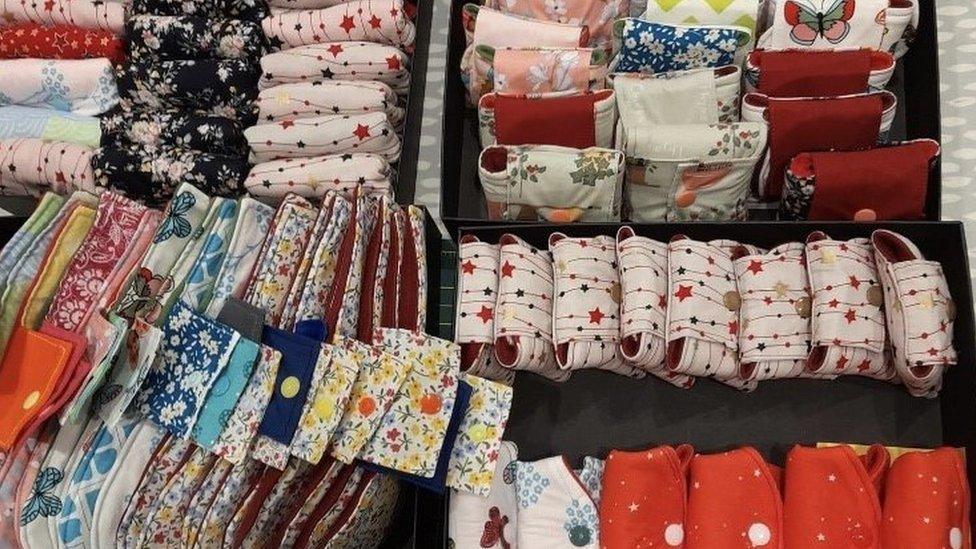
Pads have been sent to refugees across the world including those fleeing Ukraine
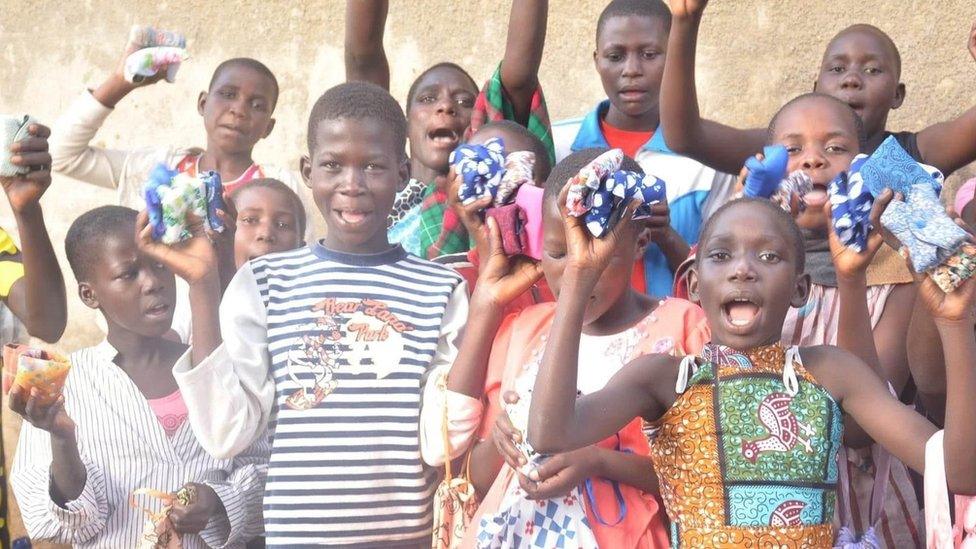
The Pachamama Project was founded in 2020 and pads are being distributed in Uganda
In her latest trip to Lebanon she said "There was a woman who is divorced and lives with family members and she can't ask anyone for period products because she isn't the one earning money in the family.
"Women don't generally have the keys to the purse in a lot places."
A 2021 study from children's charity Plan International said 76% of women and girls from Lebanon were struggling to afford menstrual products, external.

Follow East of England news on Facebook, external, Instagram, external and X, external. Got a story? Email eastofenglandnews@bbc.co.uk, external or WhatsApp 0800 169 1830
Related topics
- Published20 July 2023
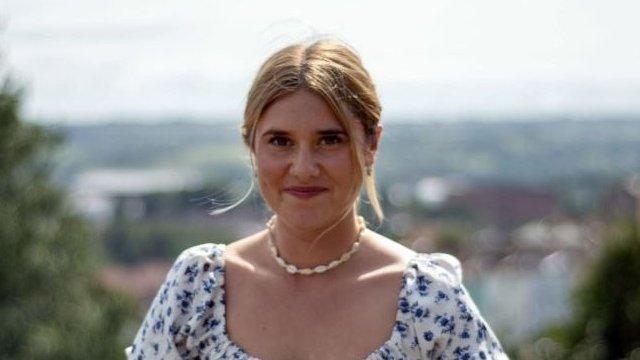
- Published15 August 2022
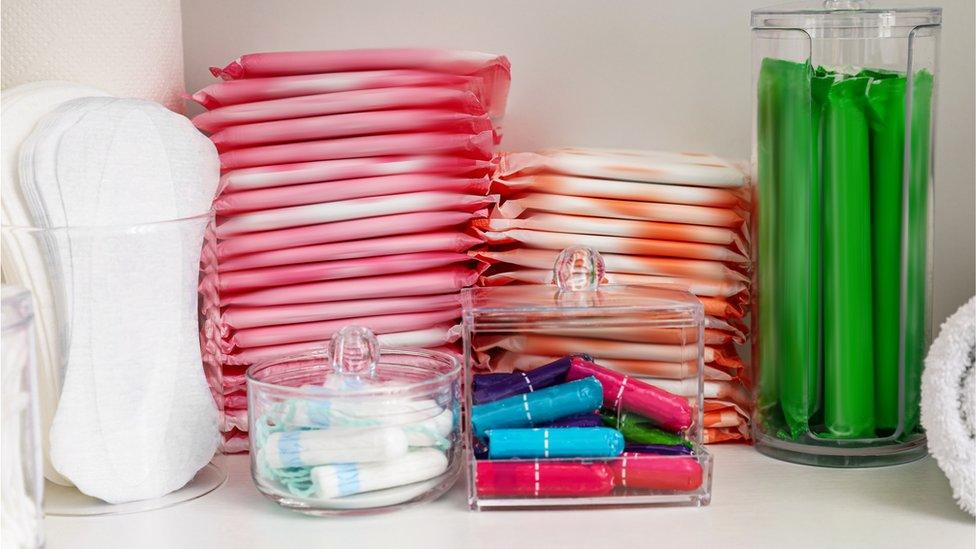
- Published2 December 2021
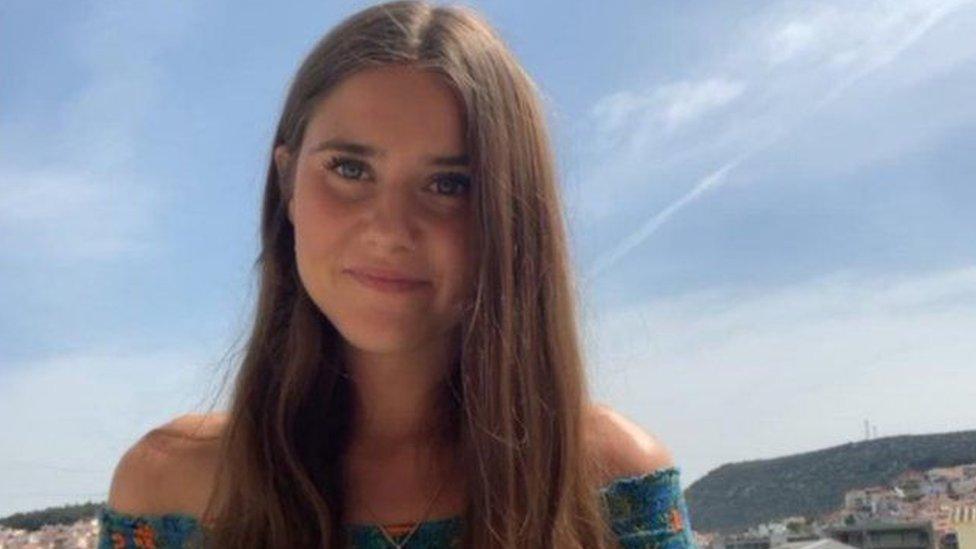
- Published25 January 2021
